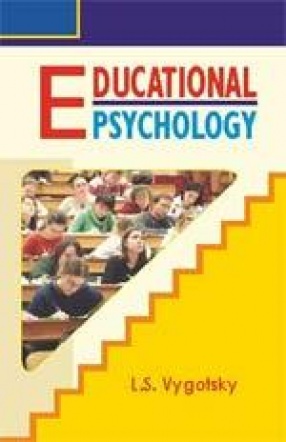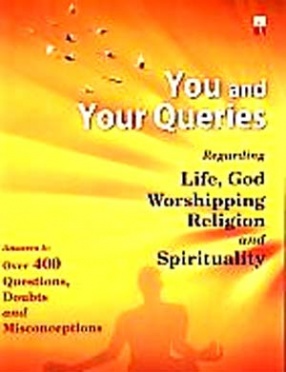The problem of education is at the very heart of the new psychology. The study of conditional reflexes constitutes at foundation on which the new psychology will have to be constructed. The term, conditional reflex, is the name given to that mechanism which carries us from biology to sociology and makes it possible to comprehend the very essence and nature of the educational process. Quite frankly, there’s no denying the fact that educational psychology, as a science, became possible only with this discovery. Until then, psychology lacked the essential basic principle that could have joined together into a unified whole all those fragmentary bites of factual information it made use of. Now, the most important goal of the present monograph is to maintain such a fundamentally rational unity in the analysis of all the various aspects of education and in the description of the different elements of the instructional process. It is of extraordinary importance to demonstrate with exhaustive scientific rigor that, no matter what is subject matter and no matter what its methodology, at its very foundation education ultimately always rests upon the mechanism of the conditional reflex.
Educational Psychology
by Lev Vygotsky
$56.70
$63.00
In stock
Free & Quick Delivery Worldwide
All orders amounting to US$ 50 or more qualify for Free Delivery Worldwide. For orders less than US$ 50, we offer Standard Delivery at $14 per book.
ABOUT THE AUTHOR Lev Vygotsky
Lev Vygotsky was born in a middle-class Jewish family in Gomel, some four-hundred miles southwest of Moscow and of a predominantly Jewish population. Vygotsky is remembered as an intellectually precocious child. His interests lay primarily in the humanities and social sciences, and he graduated with honors and a gold medal. At this time, the beliefs and techniques of Hegel became the most important intellectual influences in his life and left a lasting imprint on his approach to formulating scientific problems and attempting their resolution. Other intellectual influences were the Ukrainian linguist, Alexander Potebnya and the works of the great German thinker, Wilhelm von Humboldt. Taking into account the range of Vygotsky's interests it seemed logical for him to enroll at the liberal arts program at one of the metropolitan universities. But because a liberal arts graduate at that time would most likely become a gymnasium teacher, a profession closed to Jews, it was better for vygotsky to enroll as a law student. He enrolled at shanyavsky Public University, where he majored in philosophy and history, as well as Moscow University, which was rife with political expulsions of large numbers of students, with the mass resignation of the faculty in protest. Vygotsky's years as a student were marked not only by enthusiastic learning of all that was new in the sciences, humanities, and arts but by his activities as an art critic. In the battle between the Formalists and the Symbolists, which was also a battle waged not only in Moscow and St. Petersburg, but also in Paris and Munich, Vienna and Rome, what was at stake was what made a given thing a work of art. It was at this time that Vygotsky wrote The Psychology of Art, which he alter submitted as a Ph.D. thesis at the Moscow Institute of Psychology. Vygotsky's legacy to modern psychologists revolves around how Vygotsky operated as a thinker: his whole psychological system appears to have been an attempt to build a new system through careful analysis of the traditional problems of psychology. This quality of his scholarship becomes especially pronounced when viewed against the background of that of his contemporaries, reflexologists and "Marxist psychologists" and others who were ready to rearrange things in this mission to invert a new utopian science and society.
reviews
0 in total
Review by Anonymous
Be the first to review “Educational Psychology” Cancel reply
You must be logged in to post a review.
Bibliographic information
Title
Educational Psychology
Author
Edition
1st ed.
Publisher
ISBN
9788182741461
Length
xxxviv+374p., References; Bibliography; Index; 23cm.
Subjects
similar bookssee more
You And Your Queries: Answers To: Questions, Doubts, Misconceptions, Regarding: Life, Brahman, Religion, Worshipping And Spirituality
Section 1. Parichaya, ...
$13.50
$15.00





There are no reviews yet.